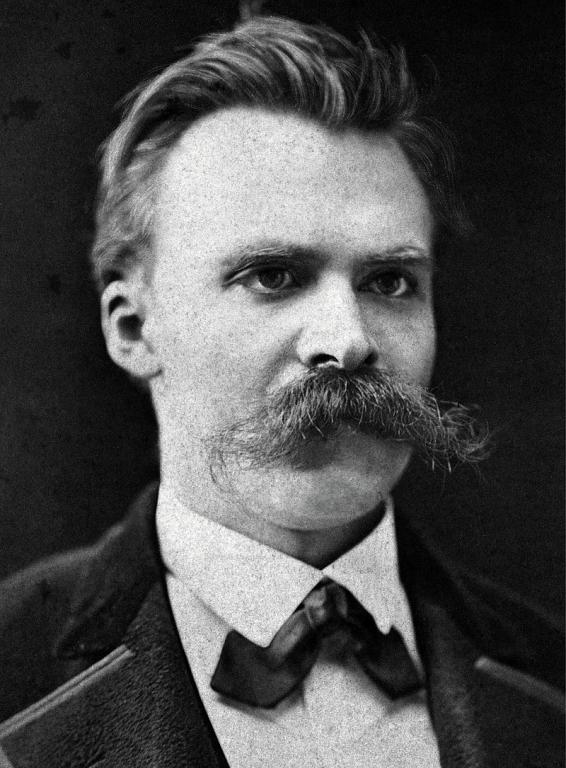
Jesus didn’t die for us so that we could continue to wallow in our sins. He died for us so that we could be transformed into His likeness, in order to live a better way than the old life that we were at one time living. If Jesus were nothing more than the spiritual guarantor of whatever kind of behavioral lifestyle we happened to be embracing at the time that we became Christians, then His death would have been in vain. Then the grace that He offers would be cheap grace – the kind of grace that does not mean anything to us because it does not require anything from us. But the grace that Jesus offers, in Dietrich Bonhoeffer’s words, in fact is costly grace. It is grace that really means something because it requires sanctification from us – a lifestyle transformation. There are certain kinds of lifestyle rules that have to be embraced whenever one accepts the Christian faith. There are certain kinds of behaviors that one can no longer do once one signs up for the faith and accepts the salvific work of Christ on her behalf. One cannot, for instance, continue to live a life that involves economic exploitation of the poor. It simply is not compatible with the New Testament and the teachings of the early Church for Christians to work in jobs in which they are making money at the expense of the welfare of their fellow human beings.
It would make me a lot more popular these days if I were to go around saying that my religion did not have any special lifestyle requirements. My career prospects would be greatly increased if I were to go around saying “Jesus understands your life and circumstances. He accepts you as you are, saves you by His grace, and does not require from you any further commitments.” This is especially true on sexual matters: it surely would make me more popular in our current sexual climate if I were to say that Jesus accepts us as we are, and does not require any special sexual fidelities or commitments on our part once we are saved. Some days of the week I do in fact wish that He had said that, so that I could live a more prosperous and successful life – without the glass job ceiling that I am now facing as a conservative Christian in my field. Some days I wish that my religion allowed me to change my beliefs with the prevailing cultural winds.
But this is not my call to make because it is not the historic message of the Gospel. It is not what the New Testament teaches, not what the Church Fathers taught, not what the Medievals taught, and not what the Reformers taught. The historic message of Christianity is that there is a better way of life than the life of sin and self-inflicted destruction that we were living before we came to saving faith. The true Gospel is a message of sanctification and transformation. It can and ought to cost us something – otherwise, what would be the point of the religion? Everyone could continue on living in whatever way they wanted, confident that the grace of God would cover their sins at the end of time. In today’s culture the kinds of costs that seem to be most acute – especially if one asserts that an active homosexual lifestyle is sinful, or that a materialistic lifestyle is sinful, or that a life of unchecked gluttony is sinful – are unpopularity and scorn, less financial success, and diminished career prospects. In a way, though, it is a badge of genuineness for us as Christians that many of us are facing these diminished prospects. This is because it confirms that we are living our lives as faithful Christians even when it hurts – even when it means that our lives will not end up going as well as they might otherwise go.












